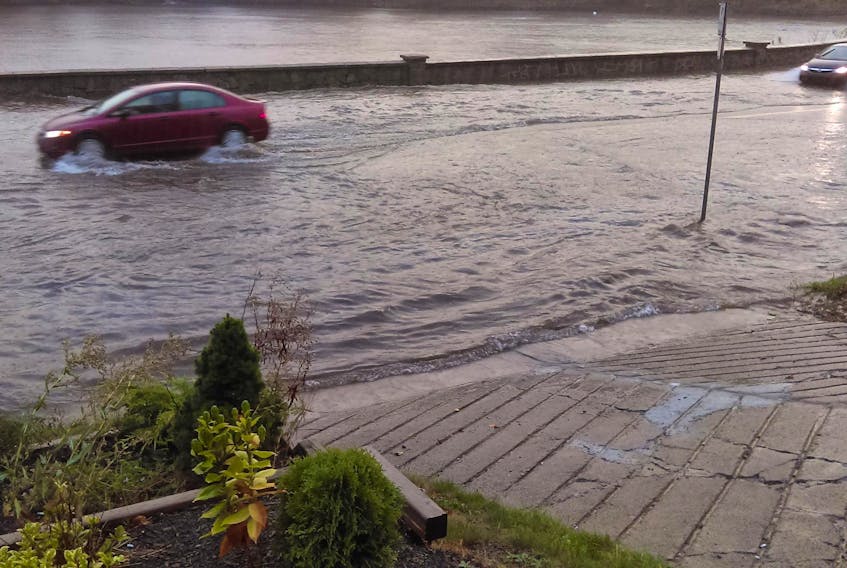Maybe Australia’s catastrophic bush fires and the Arctic’s record-breaking ice melt seem far away.
It’s amazing, though, how increasing prices can serve to get your attention.
And as the climate changes, so too will the construction rules for new homes and other construction — and upgrading and strengthening building materials rarely means that they will suddenly become cheaper.
There are already noticeable changes in some things: after a series of years with increased rainfall, the cost of overland flood insurance is rising in some areas, and there are even places where, due to the frequency of flooding and the changes in flood plain mapping, where insurance against flooding just isn’t available anymore.
But some more, shall we say, bricks and mortar changes are coming.
Canada’s National Building Code is updated every five years, with the last update coming in 2015. That means a new building code this year, and with it, the beginning of what’s expected to be a series of changes to help protect homeowners from increasing intensities of severe weather.
Canada’s National Research Council is responsible for overseeing the building code, and has spent more than $42 million on planning code changes to everything from new homes to commercial buildings to municipal and provincial infrastructure, like roads and sewage systems.
“We’re going to see change in the way we’re designing new buildings to help prevent the spread of wildfire, prevent the damage from flooding,” the NRC’s Marianne Armstrong told the CBC. “We want to create a culture of thinking about resiliency.”
For starters, the changes are expected to include requirements to deal with everything from increased winds to warmer temperatures to increasingly intense rainfall. Among the products that will see new standards? The expectation is that there will be a series of improvements required for things like asphalt roofing shingles, windows and exterior insulation. New homes will require automatic sewage backflow valves to reduce the risk of overloaded sewage systems during extreme rainfall.
And if the changes in 2020 sound like they will be significant, an even greater number of changes are expected for the 2025 building codes.
While climate change may be a relatively new concern, you might stop and consider it from the point of view of a saying with Biblical roots: “For they sow the wind, and they shall reap the whirlwind.”
With that, of course, is reaping the cost of the whirlwind.
One interesting final thought?
The national code is only a guideline. Provinces bear the responsibility for setting their own codes — that might be interesting to watch, as governments that have downplayed the effects of climate change deal with whether or not to follow the work done by more than 100 construction experts.
If, pragmatically, all of the provinces choose to adopt the new rules, it will be pretty clear for which politicians climate change denial is only skin deep.









